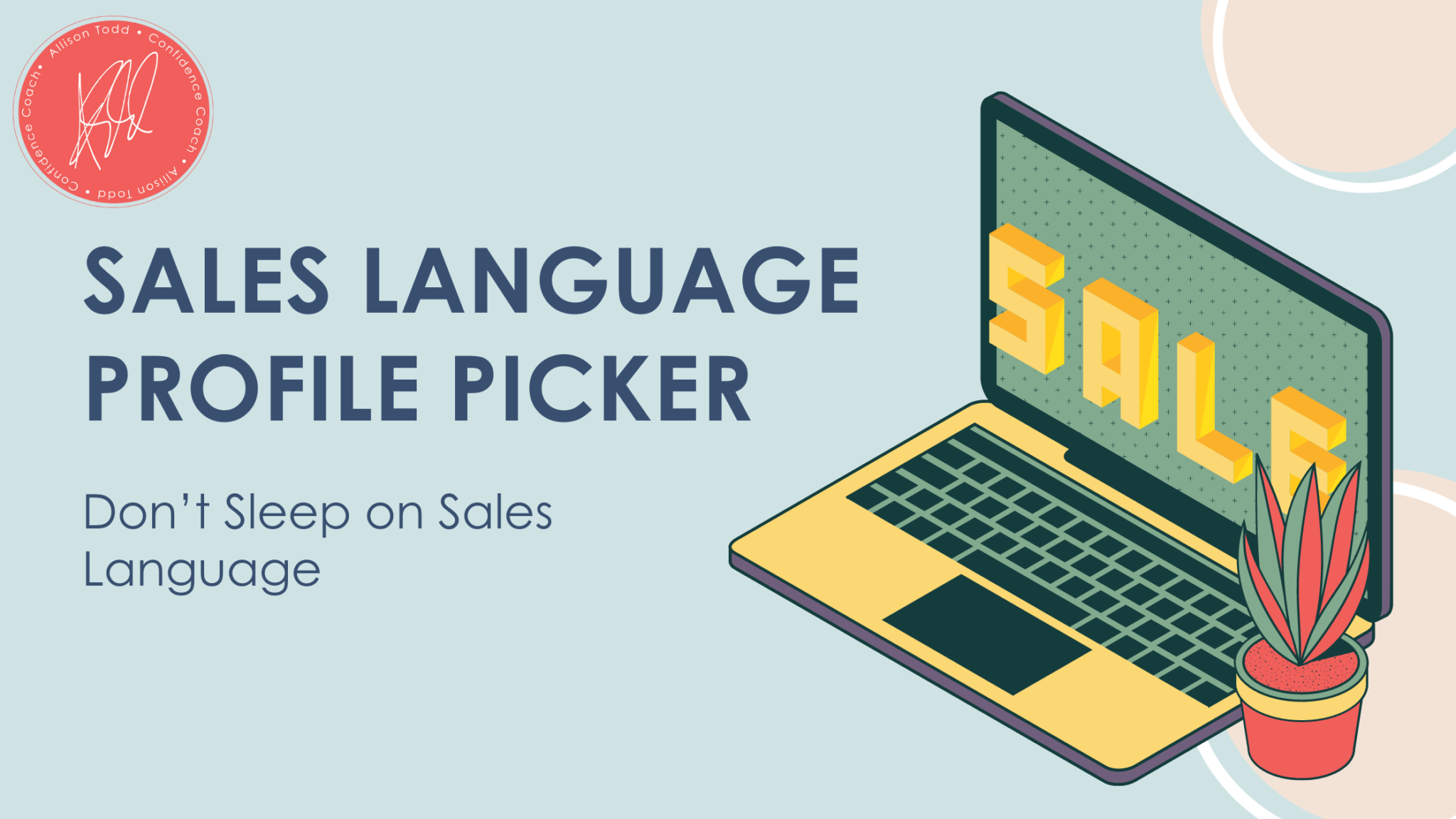We’ve all been there: you’re walking by a random company’s booth at the mall or you picked up a call from a telemarketer. They didn’t allow you to speak, they didn’t hear your questions, and they didn’t manage to convince you that their product could actually help you.
Whatever way you came into contact with a salesman, it couldn’t have been more obvious that they were just after your money.
This is the product of poor sales language. When a sales professional stops employing a solid sales language profile, the prospective client ends up feeling like a walking checkbook.
Correct sales language will excite the customer about the topic at hand, highlight how the product is useful to them, and lead to the closing of a sale. In this article I’ll be discussing some simple but powerful words to turn your prospect into a sale.
What is Sales Language?
Sales language is actually pretty straightforward in definition — these are the words we choose specifically in the context of marketing and making a sale. They’re meant to communicate the selling points of your services, company, or products in such a way that the customer is persuaded to make a purchase.
With that end goal in mind, this language teaches how specific words can elicit ideal behaviors in prospects, such as getting a listener to open up and let their guard down.
Sales language acknowledges that every word a sales professional chooses can trigger a specific feeling or emotion and it’s the salesperson’s job to carefully select the correct words to maximize their messages.
What Should I Add to My Sales Language Vocabulary?
Once a sales professional has acknowledged the power of communication, their next step should be upgrading their vocabulary to include words and phrases that help create positive associations with the brands and products. These words and phrases include the following.
Give customers a clear reason to care about your pitch.
Offering a concise reason why a customer should choose your product or service over the competition’s products, leaves your prospects with an explicit detail worth remembering as they evaluate products from other vendors.
Highlight any possibilities of loss aversion.
Loss aversion refers to the principle that customers will act in a manner that prioritizes maintaining or acquiring more things. Examples of using this idea in a sales pitch includes emphasizing that your services will lower a bill that a customer has or that they’ll otherwise avoid losing revenue by working with you.
Don’t be afraid of “because”.
By giving your customers a reason why your product or service is necessary and/or excellent (i.e. giving them a “you need this, because…”) you’re providing them with distinct reasons why their use of your product will serve them in the future. By associating certain results with your product the buyers will understand that your products can help them achieve their goals.
Build trust by admitting when you don’t know something.
Any salesperson will tell you that a lie is a slippery slope with customers–even if it’s tiny, any lie can call into question everything else you’ve said, putting your company and your products at risk.
By admitting when you don’t know something and then seeking out the answer, you’re showing your customer that they can trust you–and that they can trust you to go the extra mile.
Imagine your way into a sale.
Asking your clients to imagine what they could do with your products or services is a great way to distill a firm understanding of your offering. By imagining their life with the product this also reinforces the product’s utility in their individual lives.
Create gentle urgency.
This can be tricky–pushing that your prospect needs your services can result in your efforts coming off stale and forced. When speaking with a customer, it’s a good idea to imply that they could have an immediate impact now, but they’re not totally lost without your product right this second.
Don’t Sleep on Sales Language
Sales language is going to be different across all markets and industries–but by focusing on your target audience and how to really connect with them, you’re ensuring impactful sales pitches for the rest of your career.
